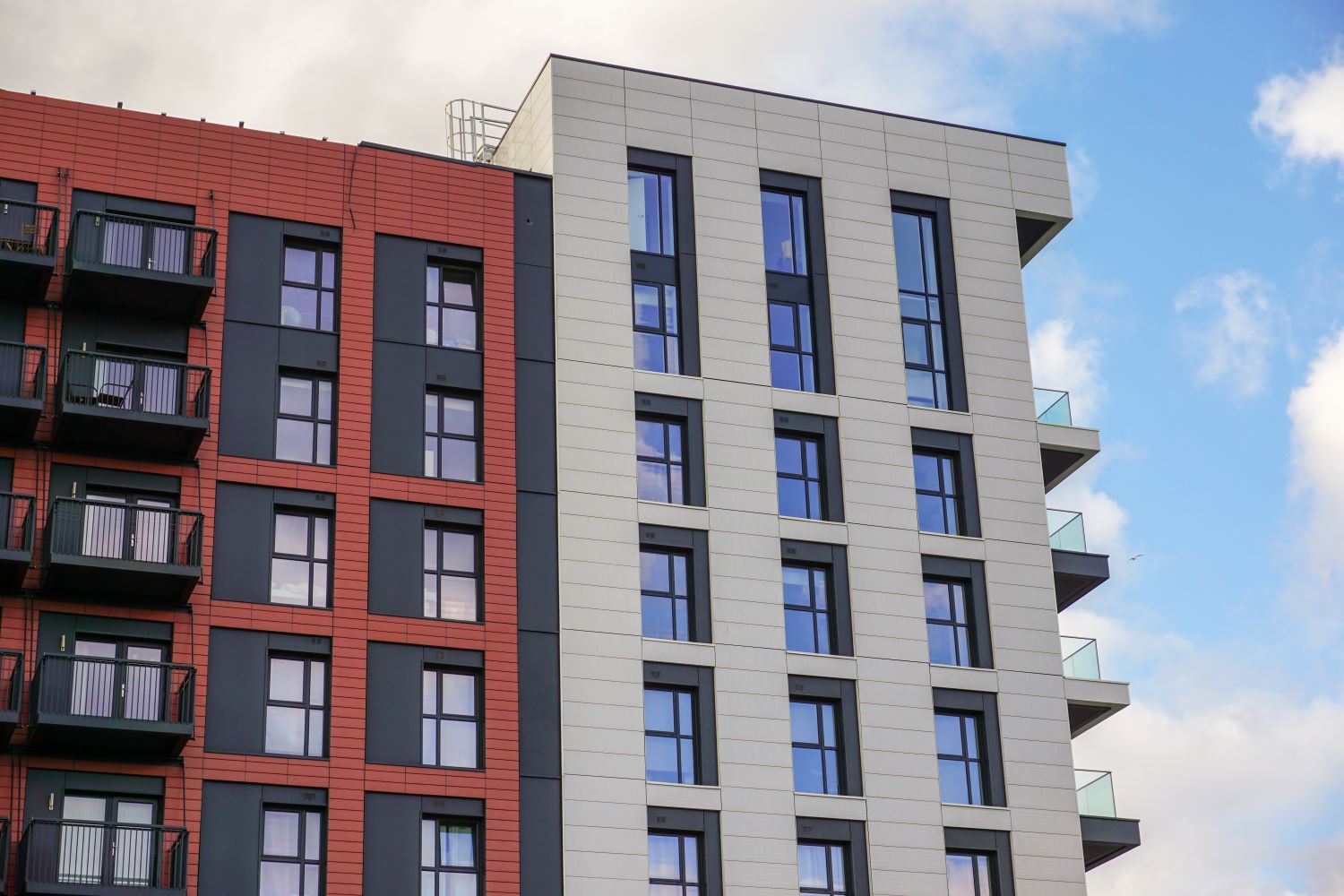As the Building Safety Act 2022 (BSA) is a relatively new piece of legislation, a substantial body of case law is yet to be developed to support some of the more ambiguous aspects of the BSA. A key consideration is whether the leaseholder protections included within the BSA apply to costs incurred before the 28th June 2022 BSA introduction date?
The appeals from the Upper Tribunal (UT) decision in Adriatic Land v Hippersley Point and the First Tier Tribunal (FTT) decision in Triathlon Homes LLP v Stratford Village Development Partnership both overlap and involve the retrospectivity question, of whether the leaseholder protections within the BSA are to be considered for costs incurred before the 28th June 2022. Whilst both appeals are yet to reach a verdict, this article will cover the issues discussed during the hearings.
Case Details
Within Adriatic Land v Hippersley Point the UT focused on paragraph 9 within schedule 8 of the BSA which states:
‘no service charge is payable under a qualifying lease in respect of legal or other professional services related to the liability (or potential liability) of any person incurred as a result of a relevant defect.’
The UT found that this prevented the freeholder from recovering the costs of a dispensation application which had taken place before the 28th June 2022. Therefore, if the Court of Appeal agrees with the UT’s verdict, this case will indicate that leaseholders are likely to be protected against the potentially significant costs that can be incurred within remediation works.
As for the case of Triathlon Homes LLP v Stratford Village Development Partnership, the FTT largely focused on Section 124 within ‘Remediation of certain defects’ in Part 5 of the BSA. This is due to the case regarding a remediation contribution order (RCO) application, which would require the freeholder/ developer to make payments towards the costs incurred to remedy ‘relevant defects’. Importantly, ‘relevant defects’ are those related to works completed within the 30 year period prior to 28th June 2022. The FTT reached a decision to grant the RCO against the freeholder and developer, which included costs incurred before the 28th June, and was subsequently appealed.
Both these appeals involve the question of retrospectivity and therefore overlap, with the verdict of both appeals potentially having significant impact upon future cases and the likelihood of similar cases arising in the future.
Appeal Considerations
Some parties involved in the appeals argue that the wording included within the relevant sections of the BSA are clear and that retrospectivity was intended. However, a number of parties believe the wording is not clear and that the appeals will depend upon the interpretation of the wording included. Therefore, the starting point is to look at the plain meaning of the words used, and the court must interpret them with consideration of the entire Act, as well as the historical context of the situation that led to their introduction. Whilst there is a general presumption that Parliament does not intend for a statute to have retrospective effect, based upon concepts of fairness and legal certainty, there is a sliding scale or ‘spectrum of retrospectivity’. This means that if a statute changes the substantive law in relation to past events and produces unfair outcomes, the presumption is powerful and therefore unless specifically stated, it is extremely unlikely that retrospective impact is expected.
Summary
It is safe to say that both of these appeals are very complex, and every word within the relevant sections of the BSA will be heavily scrutinized. Additionally, as opinions on the wording included and the intended impact of the BSA can vary from person to person, it is practically impossible to guess what the outcome will be.
As the appeals are yet to reach a verdict, we will have to wait and see what their impact will be. However, we can be pretty sure that they will add to the increasing case law around the BSA and if the verdict is that retrospectivity was intended, they could trigger a large volume of BSA related cases.
We will be sure to post further analysis on these appeals once they reach their verdicts, along with our comments on how the verdicts were reached and their impacts. In the meantime if you require support on any Building Safety legal issues then get in touch.




